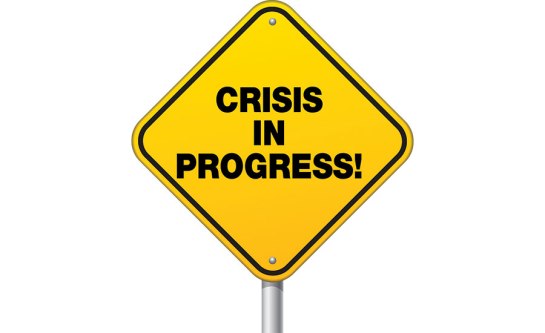The Software Crisis: A 50+ Year Conundrum Waiting for a Paradigm Shift
The Software Crisis: A 50+ Year Conundrum Waiting for a Paradigm Shift
When the term “Software Crisis” was coined in the late 1960s, the software industry was grappling with issues of complexity, reliability, and maintainability. The rate at which technology was evolving seemed to outpace the ability to efficiently and effectively manage software projects. Yet, half a century later, we still find ourselves confronting the same challenges.
The Persistent Nature of the Crisis
Most industries undergo evolutionary shifts, which often transform the landscape and resolve the challenges of the past. However, the software domain remains an anomaly. Instead of outgrowing its initial issues, we find them compounded by the enormous scale and scope of contemporary software development. Despite more advanced tools and platforms, software bugs, project overruns, and scalability issues remain pertinent.
So, why is the software crisis still with us?
The Inherent Complexity of Software
Software is, in essence, abstract and malleable. Unlike constructing a building or manufacturing a car, where there’s a tangible product, software development involves attending to folks’ needs through weaving intricate patterns of logic. As the Needsscape evolves, it becomes increasingly challenging to untangle and reweave the strands.
Furthermore, software isn’t limited by physical laws. While you can keep adding lines of code, each new line tends to increase complexity in a non-linear fashion.(See also: #NoSoftware)
The Economic Incentives
There’s an underlying economic motive to maintain the status quo. Major software corporations, consultancy agencies, educational establishments, and even management gain from the ongoing software crisis.
- Software Companies: Continuous updates, patches, and new releases mean ongoing revenue. “Perfect”, bug-free software from the outset would reduce the push for upgrades and extended support.
- Consultancy Firms: A continuing crisis ensures a constant demand for experts to guide, integrate, and sustain various approaches. (Ever seen consultants hired to obviate the Software Crisis?).
- Educational Institutions: The ever-evolving landscape necessitates continuous learning, translating to enrollment in courses, certifications, and further studies.
- Management: The status quo often validates management hierarchies and roles. Shaking up the software development paradigm challenges established management statuses and command & control dynamics, which many in management roles find unsettling. Where’s the leadership??
The Need for a New Paradigm
While we’ve seen enhancements in methods and technologies, they don’t directly tackle the root causes of the software crisis. A paradigm shift is essential, but what should it emphasise?
- People: Centralide the role of people in the software process. Recognise that while tools and technologies are marginally relevant, it’s people and teams who breathe life into software. We might choose to prioritise their well-being, motivation, and skills.
- Relationships: Emphasise collaboration and communication. Siloed teams and heroic individuals exacerbate challenges. Cross-functional cooperation and fostering an environment where diverse perspectives converge can lead to better solutions.
- Collective Assumptions and Beliefs: Challenge and revisit the shared beliefs and assumptions in the organisation. Often, outdated paradigms persist because they go unquestioned. By reassessing and updating these, we can pave the way for innovative approaches.
#Quintessence
The enduring software crisis mirrors the challenges inherent in software development and the economic frameworks that have crystallized around it. While vested interests might resist change, history reminds us that transformation is both inevitable and necessary. When the software industry finally experiences its paradigm shift, it will not only resolve its longstanding crisis but also unleash unprecedented avenues for innovation.
Further Reading
Marshall, R.W. (2021). Quintessence: An Acme for Software Development Organisations. [online] leanpub.com. Falling Blossoms (LeanPub). Available at: https://leanpub.com/quintessence/ [Accessed 18 August 2023].


Appreciating the insightful discussion on the software crisis and the call for change